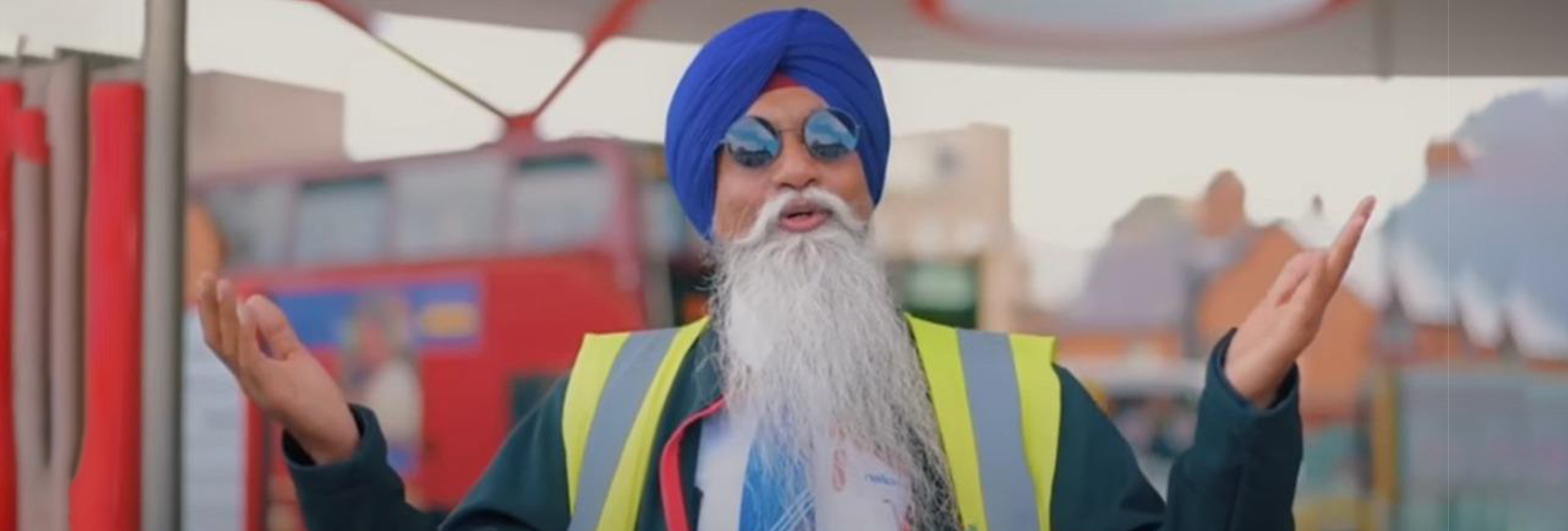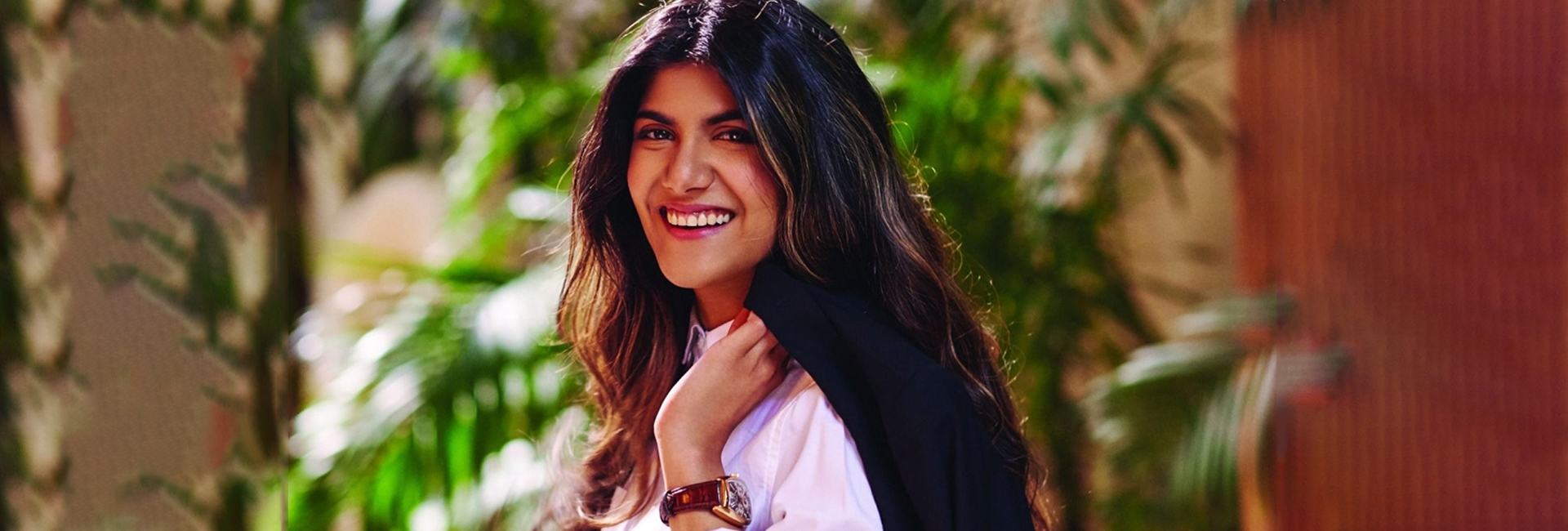(September 16, 2023) Sonam Kalra is the only Indian musician to win three times in a single edition of Global Music Awards and the first Indian Woman to win a Gold Medal. Sonam Kalra, creator of the internationally acclaimed ‘Sufi Gospel Project,’ is a US Grammy Recording Academy member who has won numerous awards and performed at venues like the Sydney Opera House, sharing the stage with legends like Abida Parveen. Known for her unique blend of Sufism and universal faith, Sonam is a celebrated voice at global festivals advocating Peace and Oneness.

Sonam Kalra, creator of the ‘Sufi Gospel Project.’
Music Matters
Growing up in Delhi, Sonam Kalra’s home was always filled with music, from Begum Akhtar to Harry Belafonte, Ella Fitzgerald to Bhimsen Joshi, and Kumar Gandharva to Leonard Cohen and the Beatles. “I remember sitting on my mother’s lap and listening to music. There was a certain calm, a surrender almost, a deep emotion that was apparent on my mother’s face when she listened to music and she made sure I exposed to all types of it.” When she was four, Sonam began learning music herself, egged on by her mother’s belief in her talent. “I grew up in a liberal household with a deeply grounded belief system which stressed on the virtues of kindness, equality, justice and liberty,” Sonam says, in a free-wheeling chat with Global Indian. “My parents were my best friends and my greatest Gurus. I belong to the Sikh faith and deeply believe in the syncretic values of Sikhism. As she grew older, she was fortunate enough to learn Indian classical music from some wonderful Gurus like The Dagar Brothers, Smt. Shubha Mudagl and Pt. Sarathi Chatterjee.
In college, she took a break from music and went to art school and focussed on design. She joined the ad industry as a writer and graphic designer and worked there for a few years until she eventually found her way back to music. “That was when I realised I had something to say through my music and that was when my musical style and journey really started to take shape,” Sonam says. “When I am asked if I lost those years not singing, I always say that everything I learnt during that time also finds place in my music and the way that I present it or approach it.” Again, the deep-seated values she had learned from her family came into play – where great importance had been given to virtues of kindness, compassion, honesty, integrity and sincerity. “The truth, and the importance of being true to oneself also reflects in the music I am trying to create.”
Making Music
Kalra’s creative process is to deep dive. It usually starts with her researching poetry. She finds her early inspiration in the beauty of the lyric itself, and then, begins the process of interpreting it, structuring it, working out the composition and the arrangement. “And then I focus on it completely – even when I am not working on it, it is in the back of my mind always,” Kalra explains. Because I have been trained in many diverse styles of music from Hindustani classical, Sufi, gospel, and jazz – my music always tends to have influences of all these styles- sometimes it is subtle and sometimes more obvious. I like to create and then revisit the composition after a while to take a fresh look at it and add more layers and nuances,” she explains.

Sonam Kalra with A.R. Rahman
She created The Sufi Gospel Project, which was her personal, contemporary take on Sufism as an attempt to blend the many voices of faith and create one universal voice of faith. It is an attempt, through music, to break down the walls that separate people.
World Stage
At the recently held The Global Music Awards, Kalra won three awards, an experience she describes as ‘absolutely incredible.’ What makes it more special is that she won for original compositions and pieces that resonate very strongly with her. ‘BOL’ based on the words of the poet Faiz Ahmad Faiz, won her two gold medals for Best Female Vocalist and the other for Best Song. She also won a silver medal for Outstanding Achievement in the World Fusion Music category for another original composition, Alfat, based on the poetry of poet-saint Baba Bulleh Shah. A year ago, she also received an invitation to become a part of the Grammy Recording Academy.
Journey Ahead
As someone who has performed across the globe in over 30 countries and at prestigious festivals and venues including The Sydney Opera House and MTV’s Coke Studio, Kalra believes music is a journey of learning. She has shared the stage with legendary musicians like Sir Bob Geldof, Vikku Vinayakram and Sufi Legend Abida Parveen.

Sonam Kalra with Sufi legend Abida Parveen
“The experience of performing is always special to me and each performance has been a gift and an experience to learn. I just feel like I have so much more to do, so much more that I must create and get better at, that it drives me to work harder.” Her advice to young singers is to create original music. “Find your own voices and tell your truths, your stories through your music. Emulate but do not imitate and know that there is no shortcut – practice, practice, practice. Work so hard at your craft that it has no option but to give you results,” the Global Indian signs off.
Follow Sonam Kalra and the Sufi Gospel Project on Instagram, X, Facebook, YouTube, Spotify and her website.




Sonam is amazing and her voice is mesmerising. A meditation in itself. Thank you Sonam for sharing love and faith through whatever you create and share. You have been a winner to me since you began your journey. Stay Blessed always x